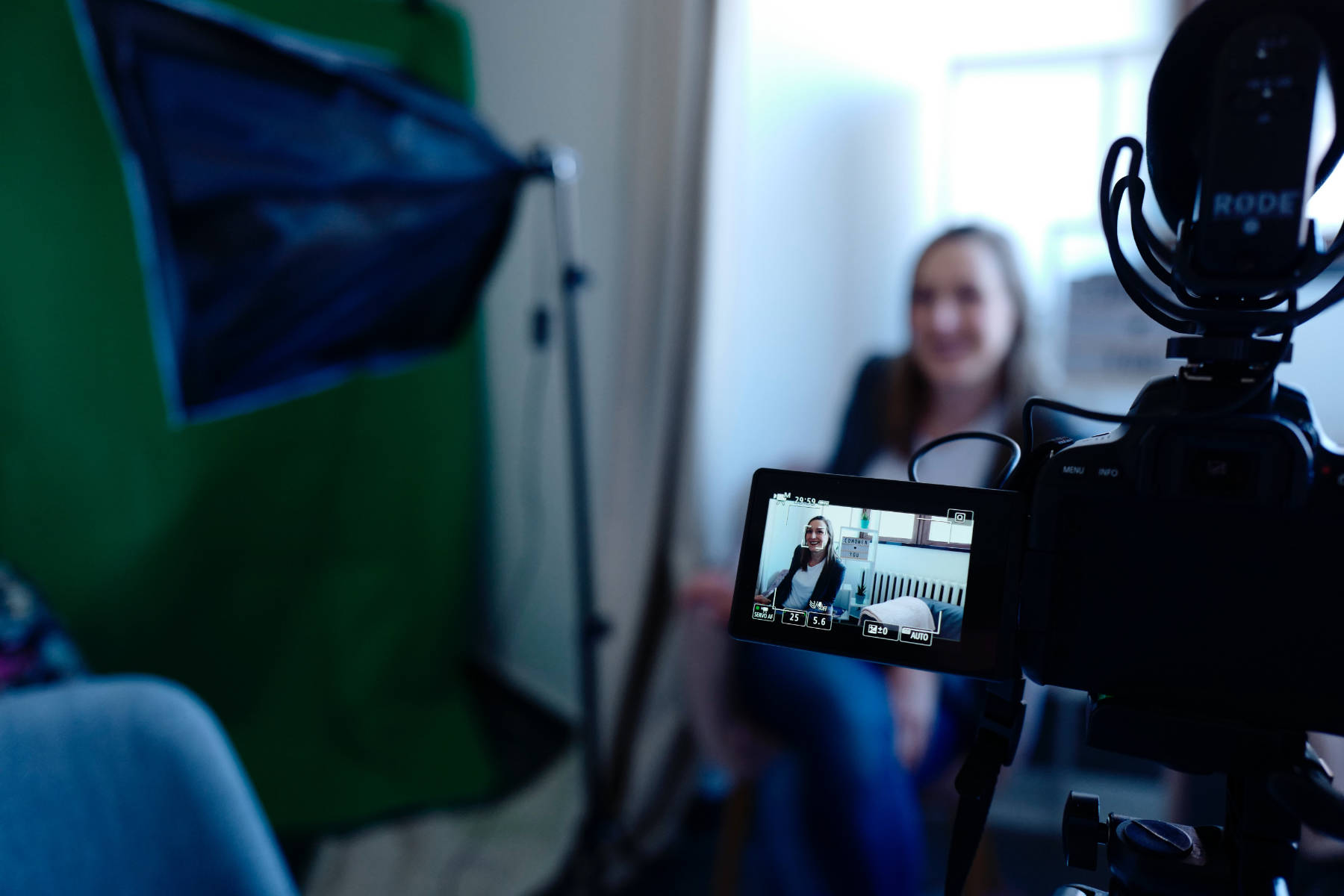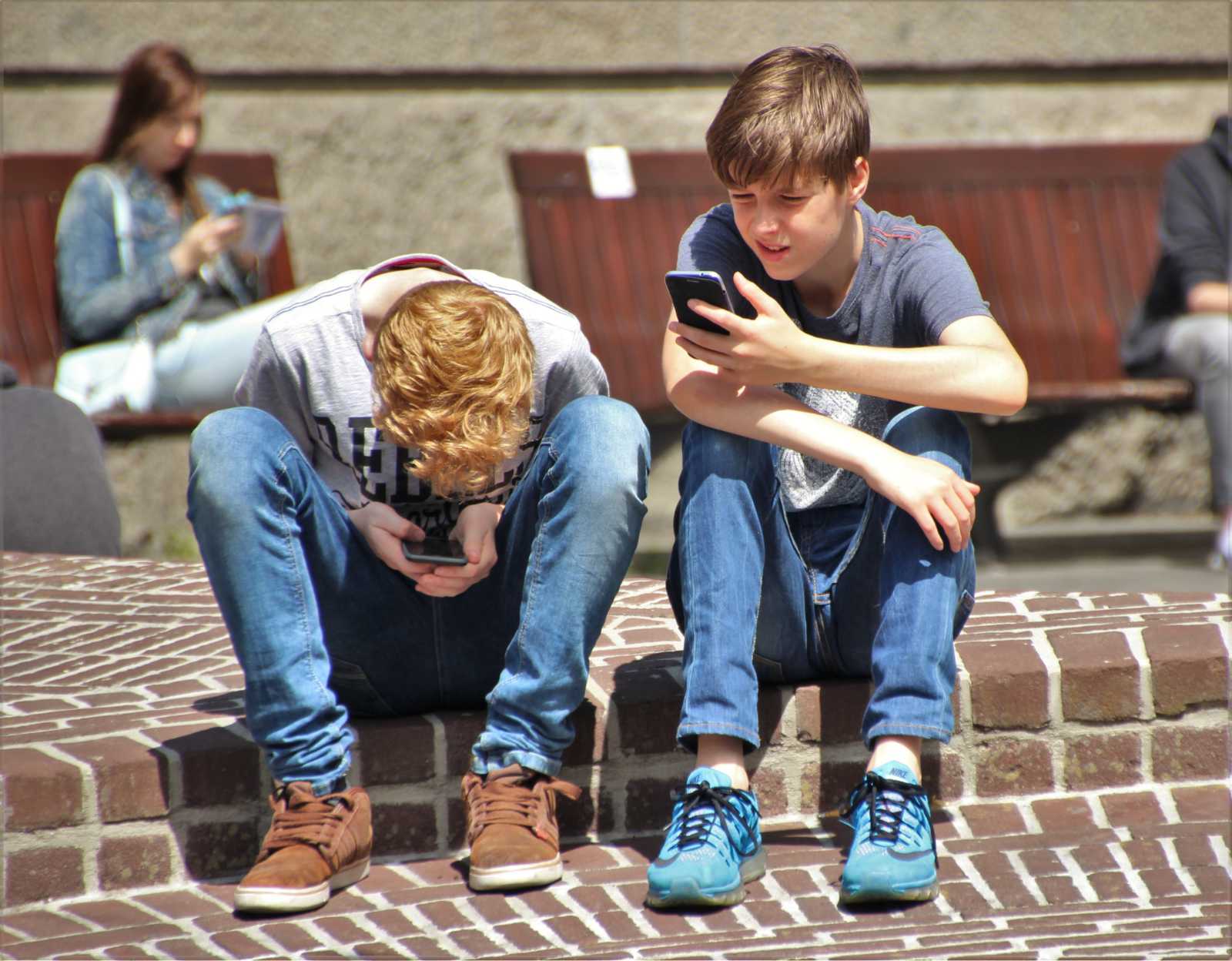What People Say...
Pete worked with me to develop a number of units of Level 4 CPD training for Youth Workers. It’s an innovative project, and the quality of the 3 units he developed was superb. They focused on various aspects of Youth Work within and alongside the criminal justice system, and Pete’s expertise in both sectors was evident. He was a real pleasure to work with, and it was helpful to know the work was in safe hands.- Kevin Jones,
Head of Workforce and Professional Practice National Youth Agency
NYA.org.uk
What People Say...
“Dr Peter Harris is one of the UK’s leading experts on the psychosocial approach to youth violence. He is a deep thinker who uses academic insight to help young people and professionals working in the sector understand how difficult and traumatic life events - including the structural injustices of racism, sexism, homophobia and poverty – lead people into trouble with the law. Pete’s work is much needed by all those involved in interventions to tackle the various drivers of youth violence”. David Gadd, Professor of Criminology, University of Manchester.”- David Gadd,
Professor of Criminology, University of Manchester

PETE HARRIS 4 YOUTH NEWS
Harm Free Futures – A Space for Boys and Young Men
News about our pilot intervention programme


This pilot intervention programme seeks to engage with concerns regarding gender-based abuse and violence (GBAV) in schools. The 6-week programme introduces practical ways to help reduce harm arising from GBAV via an informal educational approach with boys aged 13-14. It is designed in collaboration with the partner school, including young men and women, teachers and parents, and looks to respond and intervene early with a range of issues and contextual factors that underly GBAV, such as:
- Dominant and subcultural ideas of masculinity, femininity and sexuality
- The full spectrum of sexist and misogynistic attitudes and behaviours and their relationship to GBAV
- Effects of social/media and peer pressure amongst friendship groups
- Adverse childhood experiences and the role of trauma in the lives of young people
- The destabilising effect of changing and blurred societal norms of sexual identity and gender socialisation
- Disinhibition and early sexualisation and the intersection of technology in the interpersonal worlds of young people
- Boys’ anxieties about communication, sex, body image and social anxiety
- On-line activities such as viewing pornography, sexting, and sending nudes and creating dialogues around adult/parental anxieties
Using small group work and the discussion of scenarios (either imaginary or real) boys are encouraged to discuss views and dilemmas and collaboratively find ways to begin to minimise harm arising through GBAV. All sessions are led by an experienced youth worker/academics working in the field of criminology.
The programme aims to:
- Increase participants knowledge of healthy interpersonal relationships and their complexities. This means helping participants understand the differences between healthy and unhealthy sexual behaviour, including patterns of consent and coercion, healthy and unhealthy physical desire, sensuality/intimacy, privacy, secrecy and personal space, the power of language and mutually respectful relationships.
- Provide an age-appropriate means for issues of GBAV to be discussed allowing young boys to express their thoughts and feelings in a learning, empathic, sex-positive environment.
- Help change young people’s attitudes towards learned behaviours, ideas about relationships, masculinity, and gender stereotypes.
- Help change young people’s behaviours by learning new strategies and skills around taking responsibility for behaviours and introducing appropriate boundaries.
- Lay the foundations fora shared culture within the school that helps prevent the escalation of harmful GBAV through improved communication and a shared commitment to challenge sexism and the toxic constructions of masculinity and heteronormativity that underlie harmful behaviour.
